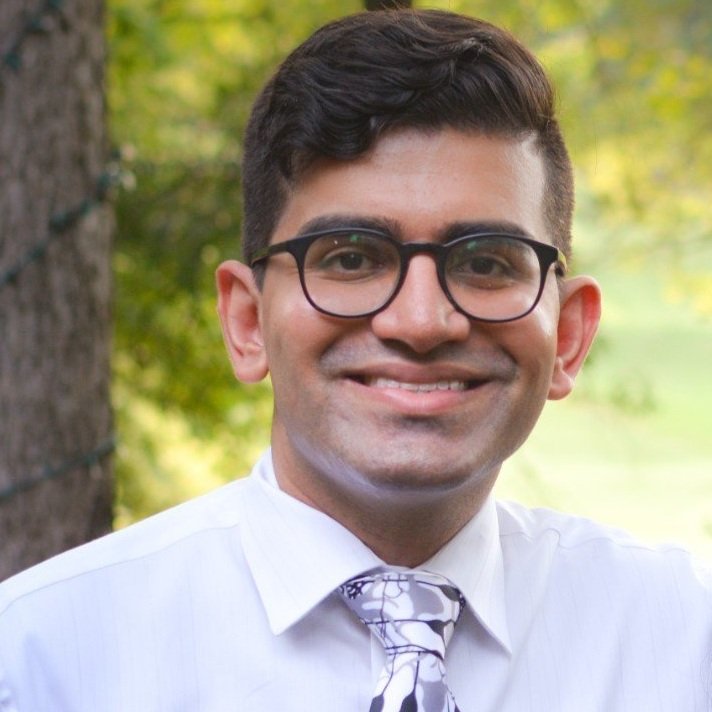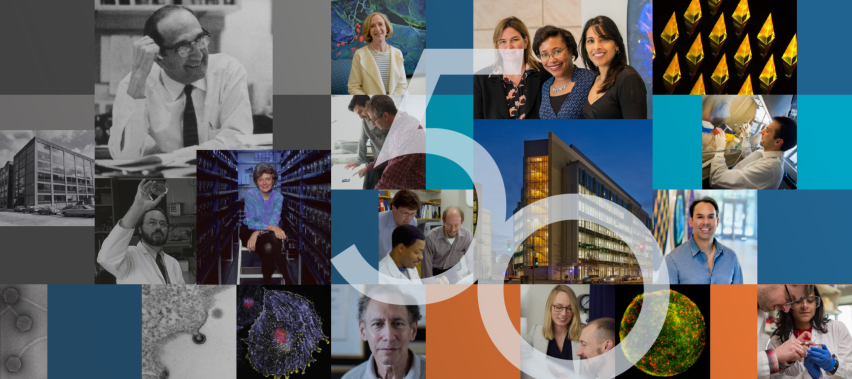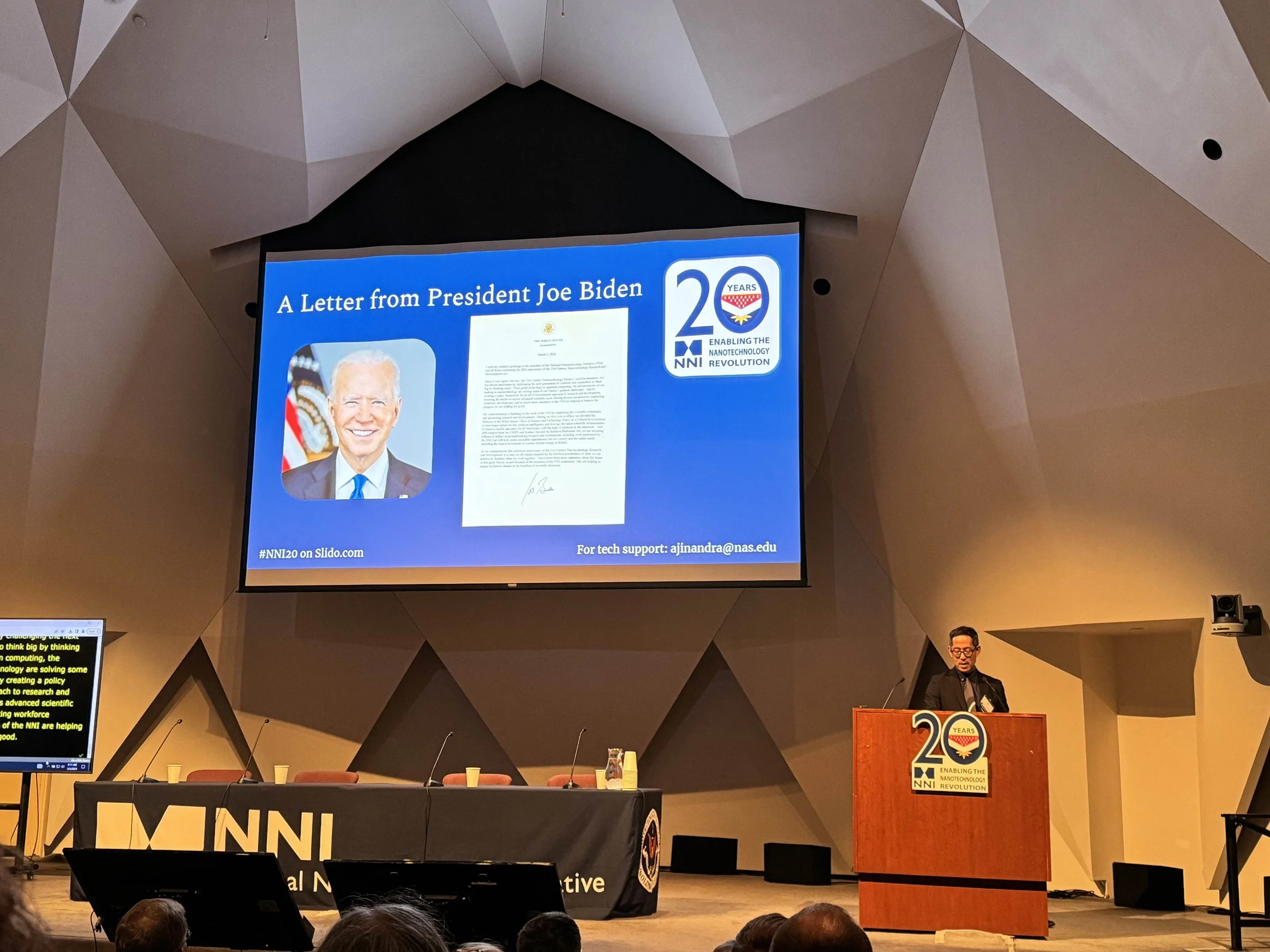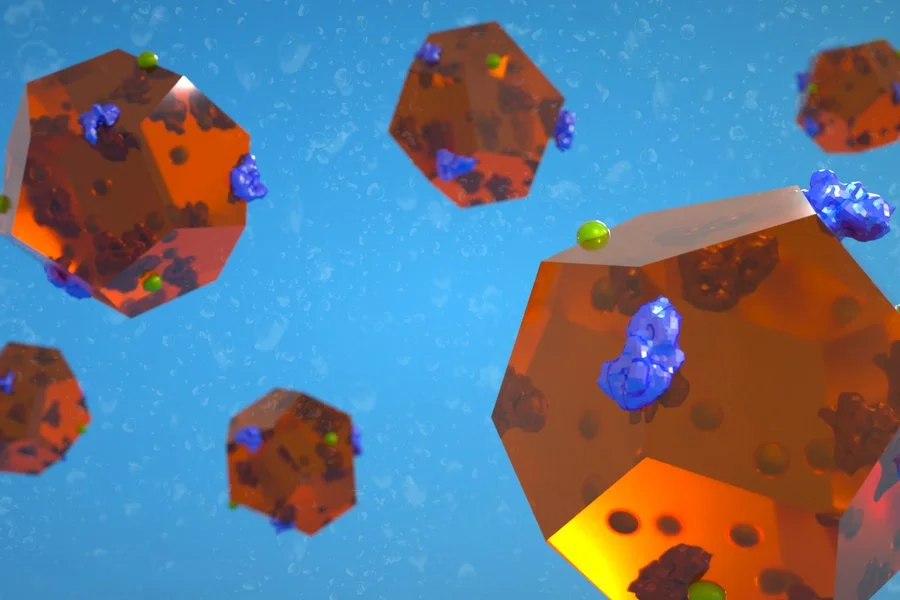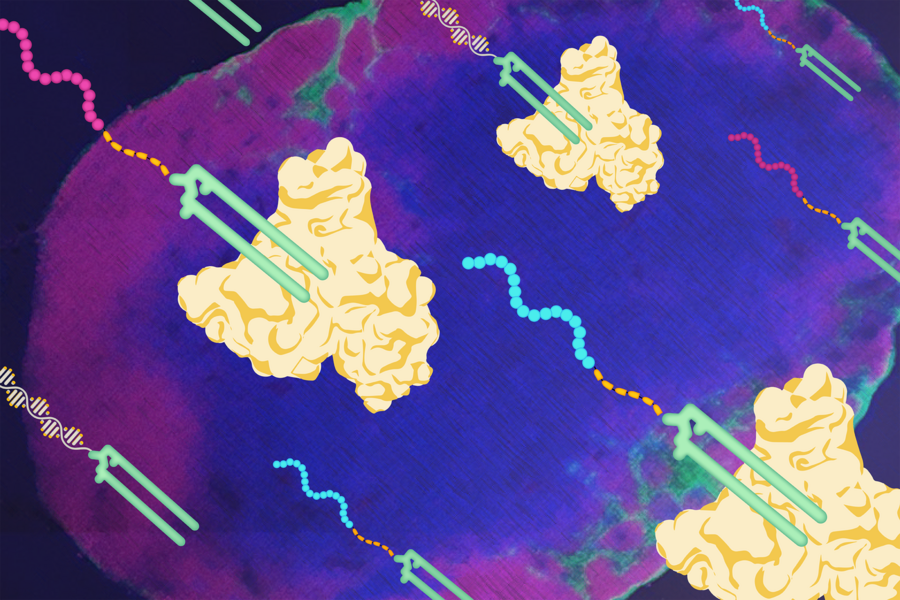March Bulletin
Issue 90
Community Notices
March Research seminar
Next Marble Center seminar is on Monday March 18 (4-5pm, Luria Auditorium) with a research update by Dr. Jesse Kirkpatrick of the Bhatia lab on “Detection of cholangiocarcinoma with protease activity probes.” Jesse is a postdoctoral researcher at the Bhatia Lab and a medical student at Harvard Medical School. He recently earned a first-place finish with his research on the detection of cholangiocarcinoma in the 2023 American Medical Association Research Challenge.
Following the talk we’re excited to host Dr. Arnav Chhabra, Co-Founder of Satellite Bio for a hot topic talk entitled “Satellite Bio: Pioneering Tissue Therapeutics.”
(L-R) Jesse Kirkpatrick, PhD (Postdoc, Bhatia Lab); Arnav Chhabra, PhD (Co-Founder, Satellite Bio)
STAT Madness is back!
Don’t forget to vote for our 4 seeds in the 2024 STAT Madness (a March Madness-style tournament for biomedical science publications).
Matchup 1: An implantable diabetes device from the Anderson & Langer Labs
Matchup 14: Inhalable gene therapy from the Anderson & Langer Labs
Matchups 19 & 32: Two different vibrating pills that tune the appetite up or down from the Traverso Lab
Celebrating 50 Years of Cancer Research at MIT
Throughout 2024, the Koch Institute is celebrating 50 years of MIT’s cancer research program—from the seminal biological discoveries of the CCR era to the breakthroughs and achievements of the Koch Institute’s life scientists and engineers—and its community of world class investigators. Join us for events, programs, and other opportunities to connect with the KI during this milestone anniversary year. Celebrations begin March 14!
In the News
The U.S. Nanotechnology Initiative 20th Anniversary Symposium
Kei Koizumi, Principal Deputy Director for Policy at the Office of Science and Technology Policy, reads a letter from President Joe Biden celebrating 20 years of progress under the U.S. National Nanotechnology Initiative.
On Tuesday March 5th, the U.S. government held a public meeting to celebrate the 20th anniversary of the the 21st Century Nanotechnology Research and Development Act. This symposium brought together voices from across the emerging technology landscape. Experts spoke on the importance of nanotechnology in medicine, quantum engineering, environmental health and safety, microelectronics,, education, manufacturing, and more. Members of MIT, including the Marble Center for Cancer Nanomedicine participated in this event. Some notable highlights included two letters were read during the meeting from President Joe Biden and former President Bill Clinton applauding the initiative. Experts also advocated that the fastest route to innovation in material science is through miniaturization, and that progress in medicine should leverage broader material libraries and advances in rational design of nanoparticles. You can read more about the event (recording will be posted soon) here.
A new type of nanoparticle to make vaccines more powerful
MIT engineers designed a nanoparticle vaccine made from a metal organic framework called ZIF-8, which is coated with the SARS-CoV-2 receptor binding protein (blue) and an adjuvant called Gdq (green). Credits: Image: Courtesy of the researchers
(Anne Trafton | MIT News) Many vaccines, including vaccines for hepatitis B and whooping cough, consist of fragments of viral or bacterial proteins. These vaccines often include other molecules called adjuvants, which help to boost the immune system’s response to the protein. Most of these adjuvants consist of aluminum salts or other molecules that provoke a nonspecific immune response. A team of MIT researchers has now shown that a type of nanoparticle called a metal organic framework (MOF) can also provoke a strong immune response, by activating the innate immune system — the body’s first line of defense against any pathogen — through cell proteins called toll-like receptors.
In a study of mice, the researchers showed that this MOF could successfully encapsulate and deliver part of the SARS-CoV-2 spike protein, while also acting as an adjuvant once the MOF is broken down inside cells. While more work would be needed to adapt these particles for use as vaccines, the study demonstrates that this type of structure can be useful for generating a strong immune response, the researchers say.
“Understanding how the drug delivery vehicle can enhance an adjuvant immune response is something that could be very helpful in designing new vaccines,” says Ana Jaklenec, a principal investigator at MIT’s Koch Institute for Integrative Cancer Research and one of the senior authors of the new study. Robert Langer, an MIT Institute Professor and member of the Koch Institute, and Dan Barouch, director of the Center for Virology and Vaccine Research at Beth Israel Deaconess Medical Center and a professor at Harvard Medical School, are also senior authors of the paper, which appears today in Science Advances. The paper’s lead author is former MIT postdoc and Ibn Khaldun Fellow Shahad Alsaiari. Read more…
RNA interference in the era of nucleic acid therapeutics
Timeline of key advances and setbacks in the development of RNAi therapeutics (Jadhav et al. Nature Biotechnology)
(Vasant Jadhav et. al | Nature Biotechnology) Two decades of research on RNA interference (RNAi) have transformed a breakthrough discovery in biology into a robust platform for a new class of medicines that modulate mRNA expression. In a recent perspective article in Nature Biotechnology, Jadhav et al. (Alnylam Pharmaceuticals) provide an overview of the trajectory of small-interfering RNA (siRNA) drug development, including the first approval in 2018 of a liver-targeted siRNA interference (RNAi) therapeutic in lipid nanoparticles and subsequent approvals of five more RNAi drugs, which used metabolically stable siRNAs combined with N-acetylgalactosamine ligands for conjugate-based liver delivery. The authors discuss the remaining challenges in the field, such as delivery to muscle, brain and other extrahepatic organs. Today’s RNAi therapeutics exhibit high specificity, potency and durability, and are transitioning from applications in rare diseases to widespread, chronic conditions. Read more…
Hitchhiking cancer vaccine makes progress in the clinic
Originally developed in the laboratory of Darrell Irvine, "amphiphile" vaccines hitchhike on albumin molecules to the lymph nodes, where they teach the immune system to fight cancer. MIT spinout Elicio Therapeutics is testing vaccines based on the technology in clinical trials, with promising early results in treating pancreatic cancer. Credits: Bendta Schroeder
(Bendta Shroeder | MIT Koch Institute) Therapeutic cancer vaccines are an appealing strategy for treating malignancies. In theory, when a patient is injected with peptide antigens — protein fragments from mutant proteins only expressed by tumor cells — T cells learn to recognize and attack cancer cells expressing the corresponding protein. By teaching the patient’s own immune system to attack cancer cells, these vaccines ideally would not only eliminate tumors but prevent them from recurring. In practice, however, effective cancer vaccines have not materialized, despite decades of research. “There has been a lot of work to make cancer vaccines more effective,” says Darrell Irvine, a professor in the MIT departments of Biological Engineering and Materials Science and Engineering and a member of the Koch Institute for Integrative Cancer Research at MIT. “But even in mouse and other models, they typically only provoke a weak immune response. And once those vaccines are tested in a clinical setting, their efficacy evaporates.”
New hope may now be on the horizon. A vaccine based on a novel approach developed by Irvine and colleagues at MIT, and refined by researchers at Elicio Therapeutics, an MIT spinout that Irvine founded to translate experiments into treatment, is showing promising results in clinical trials — including Phase 1 data suggesting the vaccine could serve as a viable option for the treatment of pancreatic and other cancers. Read more…
Jobs
Principal Strategic Alliances Officer, Koch Institute for Integrative Cancer Research at MIT.
The Koch Institute for Integrative Cancer Research is looking to hire a Principal Strategic Alliances Officer to build and advance relationships that support the Koch Institute's research mission. This role will work with faculty and MIT offices, centers, and departments to connect to biotech companies, pharmaceutical or venture capital groups, academic partners, and clinical organizations to accelerate biotechnology development and other strategic partnerships. Responsibilities include working with KI leadership on setting objectives for and managing all aspects of collaborations; working with faculty to gauge collaborative opportunities and strategic focus areas; establishing connections with local industry, clinicians, and strategic partners; identifying and reaching out to venture capital groups; synthesizing materials and representing KI at conferences; providing presentations, tours, and remarks to a variety of constituents; cultivating engagement opportunities; assisting faculty with patent applications, licensing, and start-ups; developing overall faculty engagement strategy; working with internal centers/programs to identify topic-specific opportunities to partner with industry/biotech; setting overall objectives for and managing inter-institutional partnerships; and maintaining records. Read more…
Senior Scientist, LNP Formulations-RNA, Gene Therapy & Delivery, Johnson & Johnson.
RNA, Gene Therapy & Delivery is an organization within Therapeutics Discovery, committed to the delivery of high-quality drug candidates in the novel synthetic modalities space working closely with Janssen Therapeutic Areas (TA) discovery teams. Our mission requires critical thinking, a portfolio approach and deep scientific expertise in several fields including oligonucleotide chemistry, bioconjugation chemistry, nanotechnology, cellular and molecular pharmacology and screening technologies coupled with an ability to work collaboratively with internal and external partners. This role offers tremendous growth opportunity within a dynamic and science driven organization. Read more…
Funding opportunities
| Funding Source | Grant ID | Deadline | The Mark Foundation Endeavor Award | N/A | March 12, 2024 | SITC-Bristol Myers Squibb Postdoctoral Cancer Immunotherapy Translational Fellowship | N/A | April 1, 2024 |
|---|


